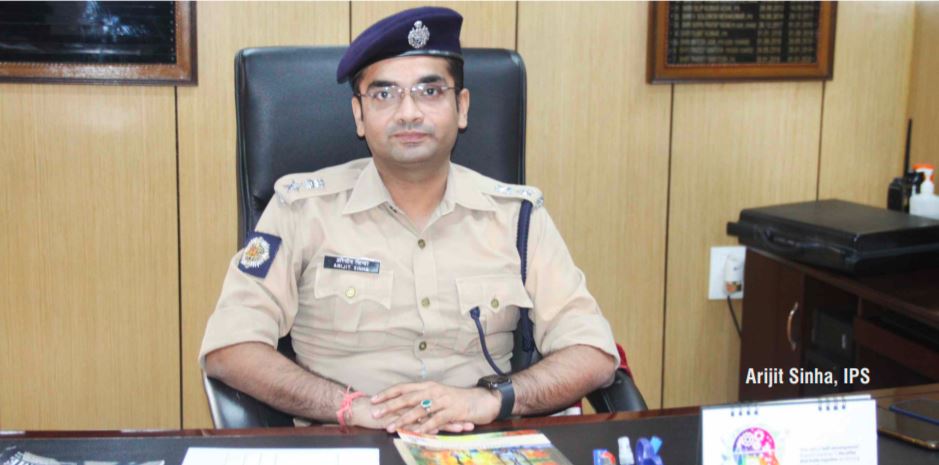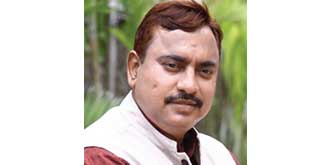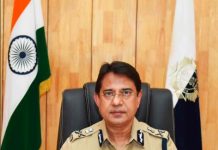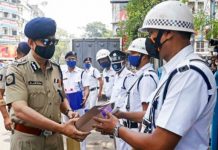
Shri Arijit Sinha, IPS, Deputy Commissioner of Police, Kolkata Traffic Police in a candid conversation with Ranabir Bhattacharyya discusses the paradigm shift in traffic policing, especially in the post-lockdown phase. The pandemic has been a game-changer for policing as a whole. On one hand, the focus of the Kolkata Traffic Police was on enforcing the government’s mandate and penalise the traffic violators, on the other hand, the Kolkata Police Traffic personnel were assigned the duty of reaching out to the masses with essential food items. Altogether, the Kolkata Traffic Police took ‘social connect’ or rather ‘community policing’ to a new level. In the lockdown phase, the Kolkata Traffic Police force took care of the traffic stakeholders like rickshaw-pullers, auto rickshaw drivers, cab drivers and all who didn’t have any work in the lockdown phase.
Road traffic in lockdown phase
The lockdown phase during this Covid pandemic presented a unique situation for road traffic in the country altogether. In the initial phase, strategies were devised as per the rules and regulations framed by the Government. In the second phase, the department was strict and more than one lakh cases of traffic violations were reported and subsequently the violators were penalised. Sensitisation was the main focus –whenever there was any change in the timings, the details were communicated to the public through different modes. Awareness campaigns were carried throughout the lockdown phase.
Focus on detailing evidence against traffic violators
Often, we come across complaints about persons slapped with penalties in spite of not breaking any traffic law. The Kolkata Traffic Office has taken all such grievances seriously and now the department has speed laser guns, automatic number plate reading cameras and also cameras installed at important locations – the length and breadth of the city are now covered by the technology-based tools used by the Kolkata Traffic Police. The automatic number plate reading cameras help to detect cars and vehicles involved in fatal accidents. The ever-increasing camera coverage of not only the roads in Kolkata, but also the by lanes, has been a big step towards the provision of fairness in view of prosecutions. There has been no discrimination on part of the Kolkata Traffic Police. In fact, in the last 3-4 months, around 100 policemen have been penalised for traffic violations. Special focus has been on mandatorily wearing helmets for two wheelers. There has been a considerable decrease in the number of traffic accident deaths. Round-the-clock 28 Karma ambulances are there in Kolkata to provide medical response for emergency cases.
Post lockdown and the two-wheeler scenario
In the post-lockdown phase, there have been waves of new riders in two-wheelers who don’t have the expertise and experience to ride in a congested metro like Kolkata. This is one area where Kolkata Traffic Police has been careful and observant. Regarding the app cab facility and their prosecution, Kolkata Traffic Police is already working in coordination with the Transport Department. After all, the whole responsibility of licensing of vehicles lies with the Transport Department and not with the Kolkata Traffic Police. But in no way the two wheelers involving the food aggregators are prosecuted in between as the Government has specific directives to promote online food delivery.
Trafficking police – the road ahead
Handling traffic in a densely populated metro like Kolkata is always a challenging task. The focus of the Kolkata Traffic Department is to operate with a hybrid system, where human interface will always be ably supported by technological innovations. Often there are queries whether the system can function without human interface, which is practically impossible. In fact, the ever-dutiful Kolkata Police has always looked to administer with a ‘human touch’, which is same for the Traffic Department as well.













